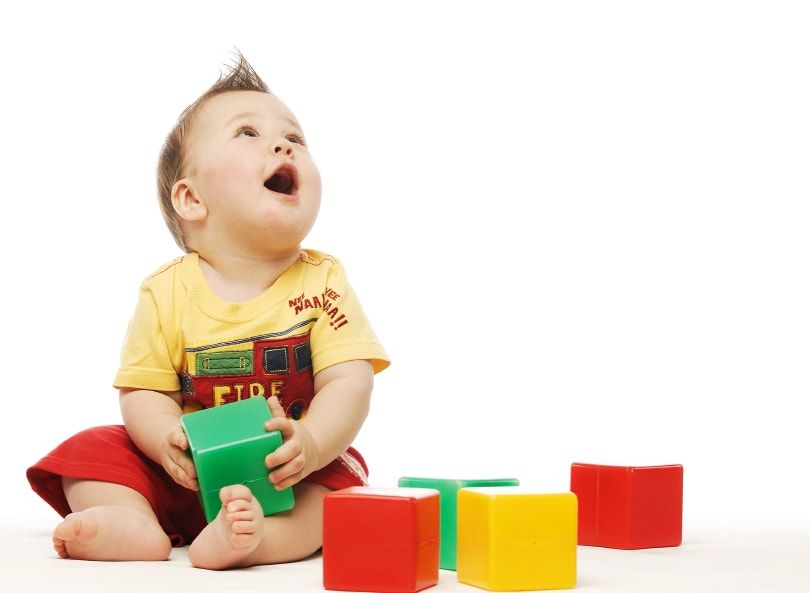
A Behavior Analyst will conduct the assessment. The authorized assessment hours will be used to carry out a number of activities. For example, the assessor can conduct observations at the clinic, the families’ home, in the community, at the daycare, preschool or school; have interviews with teachers; review all relevant reports like IEPs and psychological evaluations; review the outcomes of a variety of skills assessments (e.g., VB Mapp, Vineland, ABLLS etc.) Once all information is gathered, the assessor will write the assessment report, which will be the foundation of the actual behavior therapy services.
Functional behavioral or skills-based assessment: Antecedent, Behavior, and Consequence observations; preference assessment; MAS; FAST; VB-MAPP; ABLLS; Vineland; EFL